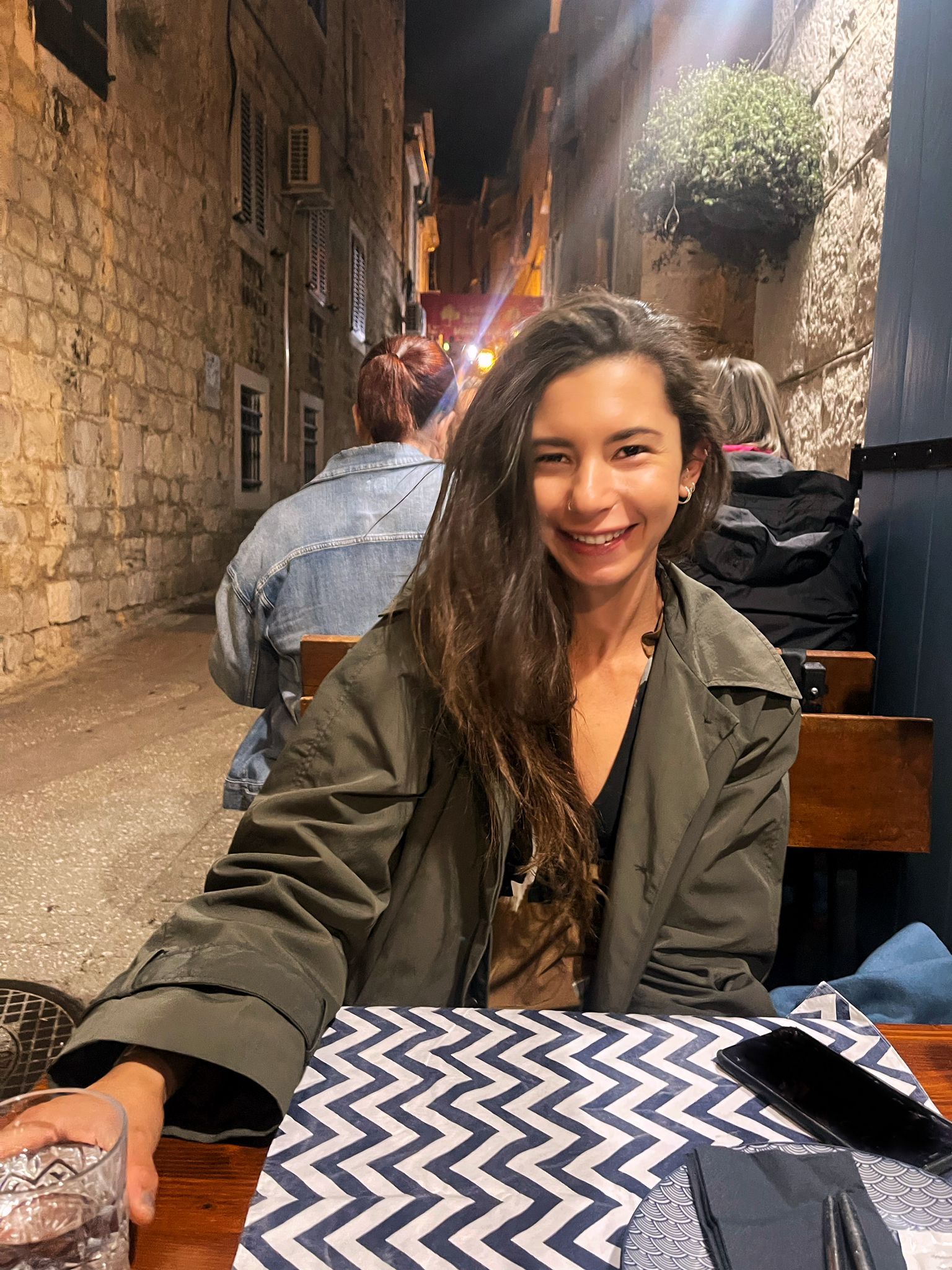Hi, I’m Chloe. I’m a researcher and teacher at Newcastle University.
Research overview
My research concerns the interrelation between literary culture and political power in Britain, with a particular emphasis on race, class, nation, and the literary identity of Northern England. I have secondary research interests in literary representations of the body, particularly in relation to public health discourse and class. I am currently working on an article exploring energetic forms of narrative embodiment.
Book projects
My current major project is my second monograph, The Postcolonial North: English Regional Writing and the Literary Economy (EUP, 2027), which offers a history of Northern England’s postcolonial literary identity since 1980. By situating a range of literary forms – including novels, plays, and anthologies – within the rise of the ‘creative industries’, the book documents the innovative ways in which Black and South Asian writers, community publishers, and literature development organisations across the North have engaged with Britain’s imperial decline and ongoing constitutional fragmentation. Providing a challenge to Black Britain as the dominant national literary paradigm, the book traces the development of a distinctly regionalised, Northern literary vision of England after Empire.

My first book, Rewriting the North: Contemporary British Fiction and the Politics of Devolution (Routledge, 2023) situates Northern England at the centre of a new devolutionary approach to contemporary British fiction. I map the various ways that twenty-first-century writing about Northern England imagines alternative democratic futures for the region and the English nation, signalling the growing awareness of England as a distinct and variegated political formation. Through close readings of six contemporary authors – Sunjeev Sahota, Sarah Hall, Anthony Cartwright, Adam Thorpe, Fiona Mozley, and Sarah Moss – the book identifies the emergence of a political English regionalism in the North that directly challenges the centralised British state form.